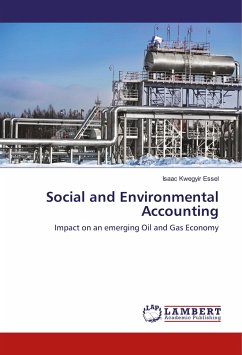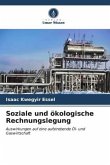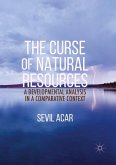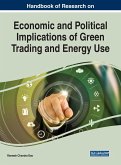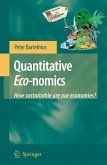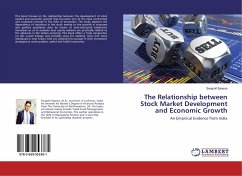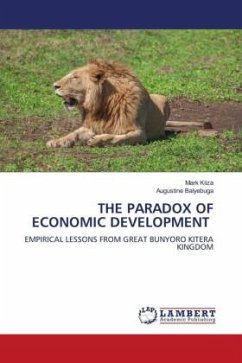What is Social and environmental accounting all about? How did it emerge? What will be it importance to an emerging oil and gas economy? The answers to this are found in this book. Social and Environmental accounting started to come under consideration when various academicians and other professionals noted the limitations of the traditional or conventional accounting (basically financial and management accounting) and thus came under criticism. The limitation was that it did not have any substantive conceptual space for environmental and social matters; and when accounting is assumed to be solely of financial or management nature, there will be failure to acknowledge the ethical and ideological implications of it (Gray, 2000). This brings to the view that environmental issues must be absorbed into corporate financial information and reporting. Power, (1997 pp 123) advocates that "green issues can be absorbed into the existing professional rubric of corporate practice and economic reasons". As inferred by Gray, 2000. Though accounting is considered as one of the principal measures in assessing the success of an organisation, that success excludes social and environmental information and because of that social and environmental cost and benefits are not considered in determining organisational success of a reporting entity. This implies that total reliance on financial information for decision making purpose encourages organisations to thread on an exploitative path of becoming environmentally irresponsible.

